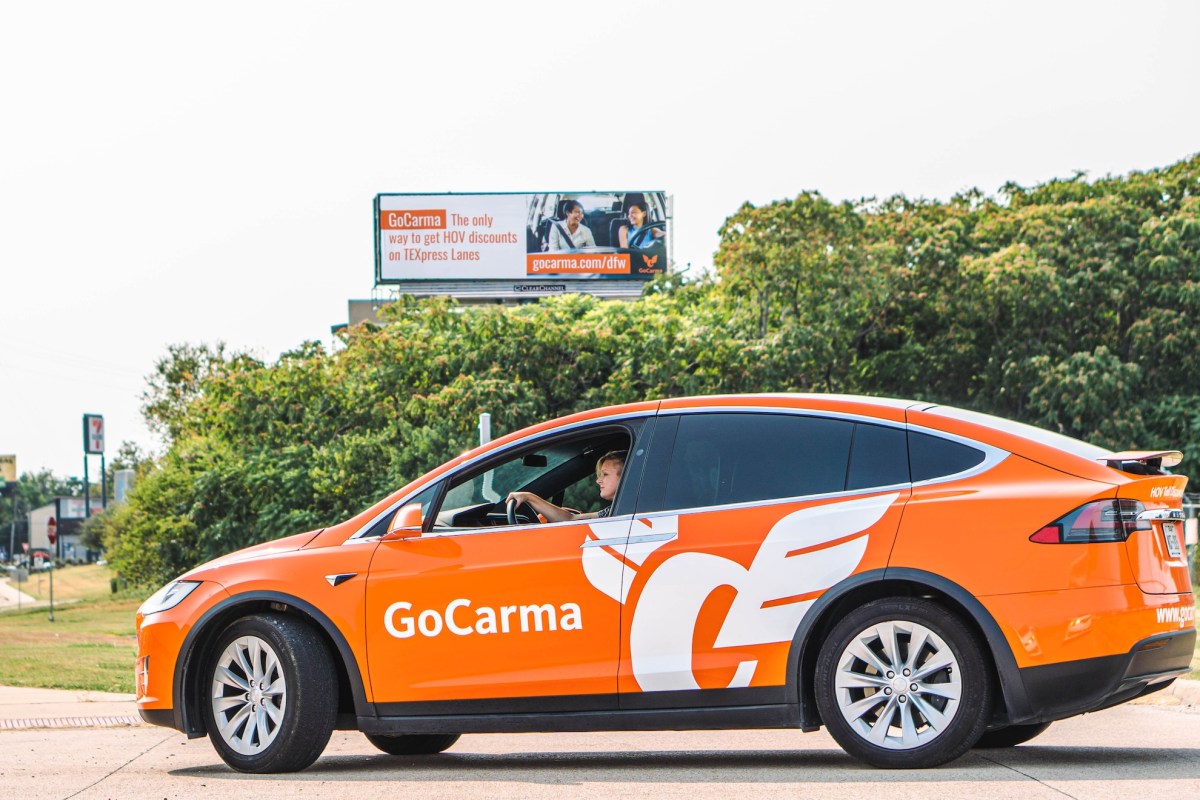
Carma Technology has filed a lawsuit against Uber, accusing the global ride-sharing company of infringing on patents held by the smaller, Austin-based tech firm. The legal action marks the culmination of a dispute that Carma claims has extended for almost ten years, rooted in proprietary technologies related to carpooling and synchronization systems.
Carma, which specializes in developing solutions to facilitate real-time carpooling among private drivers and passengers, alleges that Uber illegally used patented technology that the company had filed and maintained rights to years prior to Uber’s meteoric rise in the ride-sharing space. Specifically, the allegations pertain to systems that allow passengers and drivers to coordinate real-time shared rides — a functionality similar to what’s used in Uber Pool and other shared ride options rolled out by Uber in the past decade.
According to Carma, it began researching and developing carpooling technology in the early 2000s and subsequently filed several patents relating to systems that automatically match riders in real time based on common routes and pickup locations. Carma states that these innovations formed the basis of their mobile app and service offerings long before Uber implemented similar features within its platform.
The lawsuit, filed in a U.S. federal court, seeks damages for the alleged unauthorized use of Carma’s patented technologies, as well as an injunction to prevent future infringements. Legal representatives for Carma argue that Uber knowingly integrated and monetized features that closely mirror the systems described in Carma’s patents without seeking licensing agreements or acknowledging prior rights.
Uber has not publicly responded to the lawsuit at the time of publication. However, the proceedings may mark a significant episode in the ongoing legal sparring common in the technology and ride-sharing industries, where smaller companies often find themselves battling better-funded competitors over intellectual property rights.
This lawsuit could become a landmark case depending on how the courts interpret the scope and originality of Carma’s patents. Legal experts speculate that a finding in favor of Carma might set a precedent in how carpooling technologies are regulated and licensed in the ride-hailing industry, potentially impacting services beyond Uber, including competitors like Lyft.
For now, Carma Technology’s legal action highlights the persistent tension between emerging innovators and the giant tech firms that go on to dominate the markets they helped conceptualize. The case remains under judicial review, with early filings suggesting a complex legal battle ahead.
Source: https:// – Courtesy of the original publisher.








